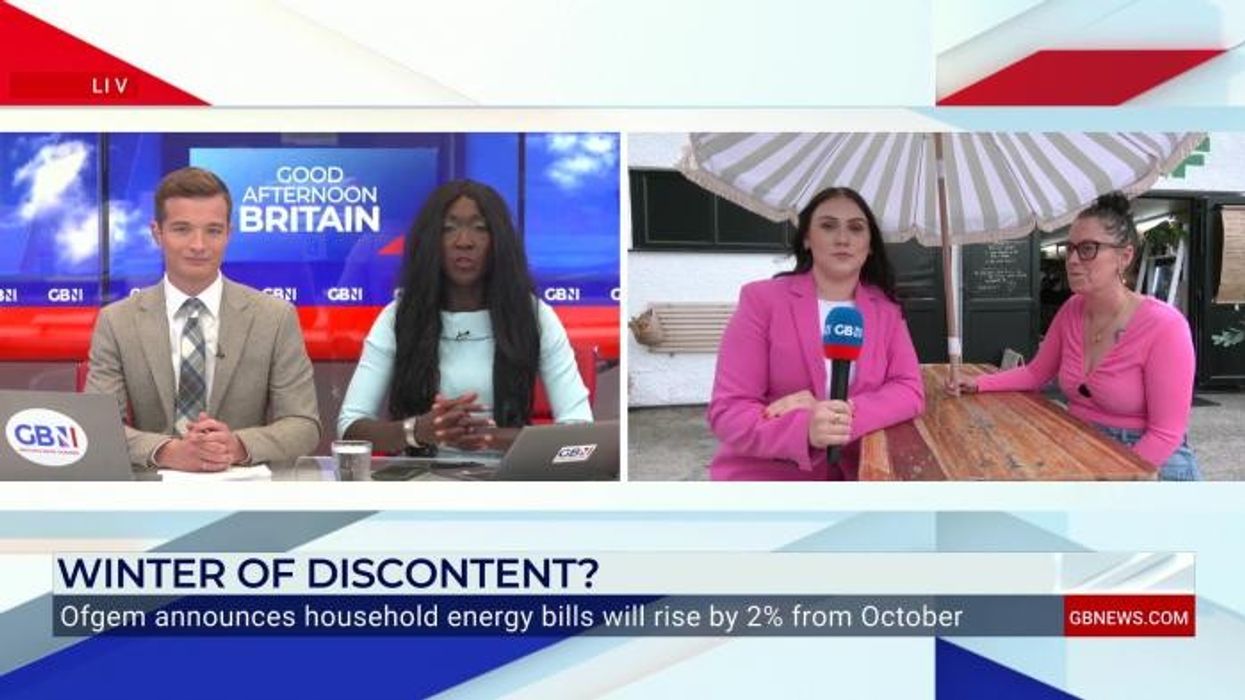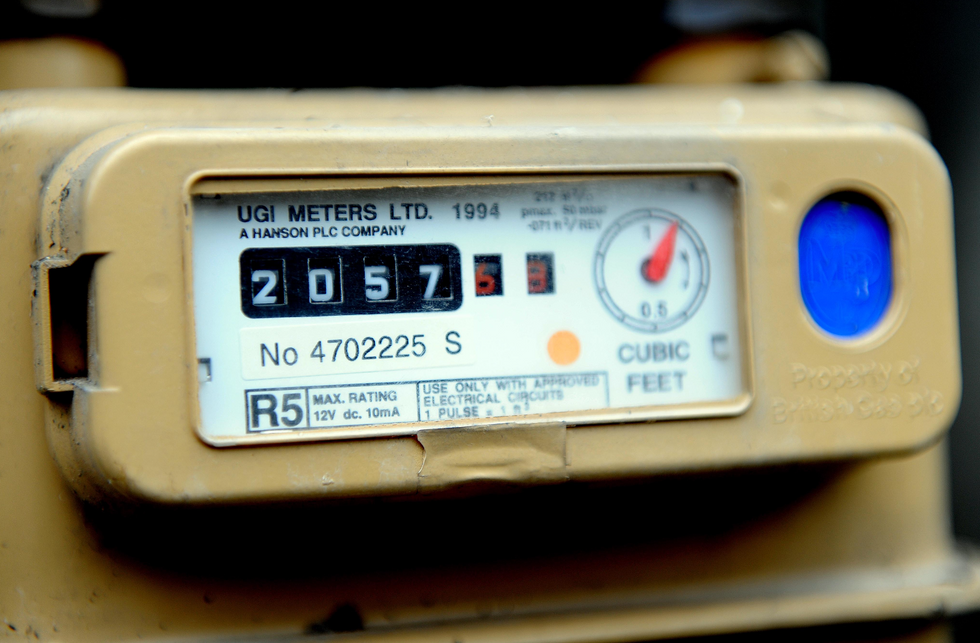All energy suppliers to offer lower standing charge tariff - but some households could still pay more

Independent coffee shop owner Nicki Gillon discusses the impact Ofgem’s upcoming energy bill rises |
GBNEWS

Campaigners warn families with higher energy needs could see costs rise instead
Don't Miss
Most Read
Households struggling with soaring energy costs could soon see a change to their bills after a new rule has been introduced.
Ofgem has announced that every supplier must offer at least one tariff with a lower standing charge by the end of January.
The standing charge is the fixed daily fee that appears on bills regardless of how much gas or electricity someone actually use.
From October, these charges will climb again, with gas standing charges rising 14 per cent and electricity up four per cent.
For a single person in a flat or a pensioner living alone, that means paying hundreds of pounds a year before even turning on the heating.
Ofgem says its new rule will give families more choice, particularly those who use little energy and want to keep bills down.
But the regulator admits the overall cost of household bills won’t fall, as suppliers are expected to raise unit rates to make up the difference.
That means low-usage homes could save, while families with higher energy needs may end up paying more, shifting the balance rather than cutting costs across the board.
Under the new arrangements, every energy provider across England, Scotland and Wales must make available a tariff with reduced standing charges.
Customers will retain the freedom to switch to these options regardless of their payment method, whether through direct debit or quarterly billing.
LATEST DEVELOPMENTS:
 The Government has committed to more energy bill support | GETTY
The Government has committed to more energy bill support | GETTY Suppliers will be allowed to set their own minimum usage rules for the new tariffs, so the benefits may vary depending on how much energy one's household actually uses. Some companies could even introduce deals with no standing charge at all, but the catch is that the price per unit of gas or electricity would be much higher.
That means while very low-usage households might finally get a fairer deal, families with average or high energy needs could end up paying more overall.
Tim Jarvis, Ofgem's director general of markets said: "We cannot remove these charges, we can only move costs around". He cautioned that "these tariffs are unlikely to reduce bills on their own" and urged consumers to "carefully consider what's right for them."
Consumer advocates and industry representatives have expressed disappointment with the proposals.
Citizens Advice director Gillian Cooper noted that whilst the plans might offer additional consumer choice, they "won't bring down people's bills."

Household bills are likely to go up from October
| PAEnergy UK, representing suppliers, questioned whether the benefits justified the implementation costs. "Ofgem admits [this] will only be temporary and merely move costs around on the bill, so delivering a limited benefit to customers," said spokesperson Dhara Vyas.
The End Fuel Poverty Coalition's Simon Francis highlighted particular concerns for prepayment meter users, who accumulate debt from standing charges even when consuming no energy.
He emphasised that the changes fail to address the fundamental need for "long term reform to make the system fairer" and provide genuine support for struggling households.
The announcement coincides with next week's 2 per cent increase in Ofgem's energy price cap, affecting approximately 34 million households. Around 20 million customers on fixed-rate agreements will remain unaffected by the October adjustment.

Ofgem says the new rules are only a stopgap while it carries out a bigger review of how Britain pays for the energy network
| GETTYCurrently, standing charges cost direct debit customers an average of £ 0.53 a day for electricity and £ 0.34 for gas. But what you pay depends on where you live, in some areas like North Wales and Merseyside, the daily electricity fee is nearly 70p.
Ofgem says the new rules are only a stopgap while it carries out a bigger review of how Britain pays for the energy network. That review will look at how to fund essential upgrades, such as storage facilities to back up supply during peak demand.
The regulator says it received an overwhelming response to its consultation on standing charges, showing just how strongly households feel about these fixed fees.
A final decision on the future of charges is due before the end of the year, with the changes to tariffs coming in from late January.
More From GB News










